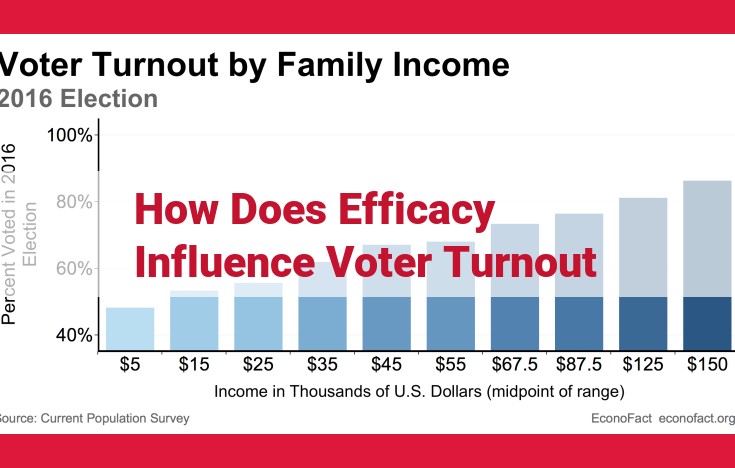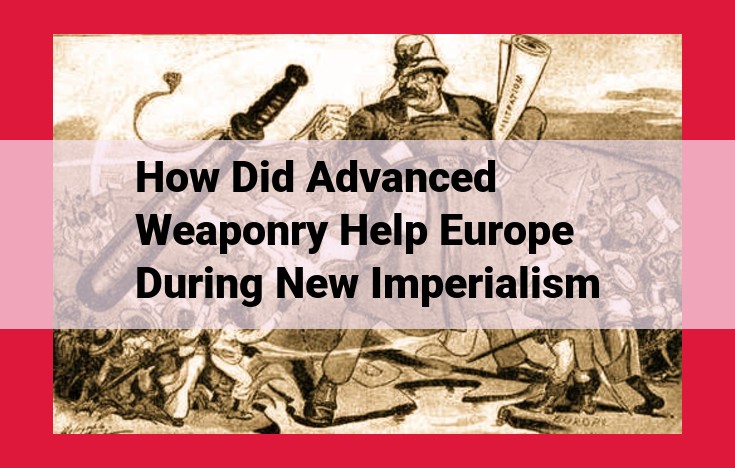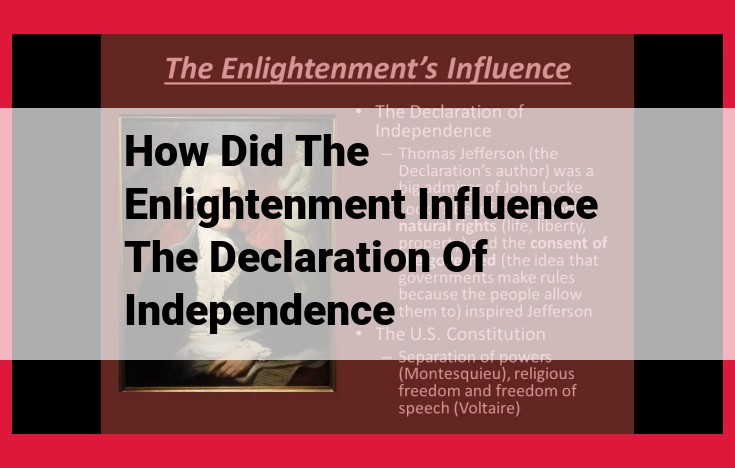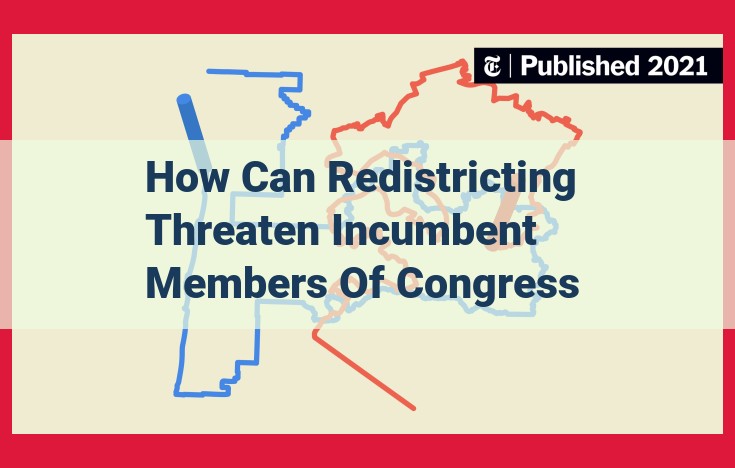Efficacy, or the belief in one’s ability to influence political outcomes, plays a crucial role in voter turnout. High efficacy boosts turnout as individuals feel capable of making a difference, while low efficacy discourages participation. Efficacy influences voter closeness, which measures the perceived likelihood of one’s vote impacting election results. High closeness ratings enhance turnout, as voters believe their participation matters, while low ratings suppress it. Understanding efficacy’s influence on voter turnout is essential for promoting electoral engagement and fostering informed decision-making.
The Importance of Voter Closeness: Why Informed and Engaged Citizens Matter
In a vibrant democracy, the act of casting a ballot is more than just a right; it’s a sacred duty that shapes the destiny of a nation. Voter closeness, a crucial concept in political science, refers to the level of psychological connection and civic engagement that voters feel towards the electoral process. It’s a measure of how invested they are in making their voices heard and influencing its outcome.
Understanding Voter Closeness
Voter closeness is a multifaceted concept that encompasses various dimensions, including:
- Self-Efficacy: The belief that one’s actions can make a difference in the political arena.
- Political Efficacy: The conviction that the political system is responsive to the needs and concerns of citizens.
- Political Interest: The level of attention and engagement a voter has in politics and public affairs.
- Civic Responsibility: The sense of duty to participate in the electoral process and contribute to society.
Significance of Voter Closeness
Voter closeness is of paramount importance in electoral outcomes as it directly impacts the participation rates, legitimacy of elections, and the overall quality of democracy. Here’s how it plays a vital role:
- Increased Voter Participation: High voter closeness translates into higher turnout at the polls. When citizens feel a strong connection to the electoral process, they are more likely to actively engage in it.
- Informed Decision-Making: Close voters are more engaged with political issues and candidates, which leads to more informed decision-making. This ensures that elected officials are held accountable and responsive to the needs of the electorate.
- Representative Government: Voter closeness helps ensure that the government truly represents the will of the people. When citizens are invested in the process, they are more likely to support candidates and policies that align with their values and interests.
Entities Influencing Voter Closeness: A Story of Electoral Engagement
In the realm of elections, voter closeness reigns supreme as a pivotal force shaping electoral outcomes. It encapsulates how connected individuals feel to the political process and their level of trust in its institutions. Understanding the entities that can influence voter closeness is essential to fostering an engaged and vibrant democracy.
At the heart of electoral engagement lies the voter, an active participant in the political arena. Political parties play a pivotal role in mobilizing these individuals, crafting agendas that resonate with their beliefs and motivating them to participate. Voter mobilization organizations and non-profit civic engagement organizations delve deeper, reaching out to marginalized communities and empowering them to make their voices heard.
The media serves as a crucial intermediary between candidates and the electorate, informing citizens about political issues and shaping their perceptions. Social media platforms have emerged as powerful tools for political discourse, enabling grassroots movements and facilitating direct communication between candidates and voters.
Government agencies, elected officials, and think tanks contribute to the political landscape by providing research, policy analysis, and platforms for public debate. These entities shape the electoral narrative and influence voter opinions on key issues.
The role of election officials cannot be overstated. Their impartial administration of elections ensures the integrity of the process and fosters voter confidence. Research institutions, meanwhile, play a crucial role in conducting impartial studies that shed light on electoral dynamics and inform decision-making. By unraveling the complexities of voter closeness, these entities empower citizens to make informed choices and participate meaningfully in the political process.
High Closeness Rating Entities
Voters with high self-efficacy and low political efficacy are the driving force behind the electoral landscape. Their unwavering belief in their ability to make a difference, coupled with their skepticism towards political institutions, empowers them as informed and engaged participants in the democratic process.
These highly engaged voters are acutely aware of their own worth and agency. Their unyielding self-belief translates into high voter turnout, as they firmly believe that their voice matters. They are not deterred by the perceived shortcomings of political systems; instead, they view their participation as an opportunity to influence change.
On the other hand, their low political efficacy, or the belief that political systems are unresponsive to their concerns, fuels their determination to effect change through direct action. They are motivated by a deep sense of civic responsibility, and they tirelessly work to hold elected officials accountable and advocate for their communities.
These voters are not easily swayed by political rhetoric or empty promises. They conduct thorough research, engage in meaningful dialogue, and carefully evaluate candidates and policies before casting their ballots. Their critical thinking skills and commitment to informed decision-making make them formidable forces in any election.
Medium Closeness Rating Entities: Shaping Voter Engagement
Political Parties: The Electoral Powerhouses
Political parties play a crucial role in mobilizing voters and influencing voter closeness. They energize their base through persuasive messaging, coordinate campaign strategies, and provide resources to candidates. By connecting with voters at the grassroots level, parties foster a sense of belonging and loyalty, motivating individuals to participate in the electoral process.
Voter Mobilization Organizations: Amplifying Grassroots Voices
Voter mobilization organizations dedicate their efforts to increasing voter turnout. They engage in activities such as registering new voters, canvassing neighborhoods, and providing transportation to polling places. These organizations often target marginalized communities and individuals who face barriers to political participation. By empowering these voices, they contribute significantly to voter closeness.
Non-Profit Civic Engagement Organizations: Empowering the Informed Electorate
Non-profit civic engagement organizations educate voters about the electoral process, facilitate public dialogue, and promote political participation. They provide resources such as voter guides, candidate forums, and election observation. By equipping voters with the knowledge and tools they need to make informed decisions, these organizations foster a more engaged and informed electorate, enhancing voter closeness.
Moderate Closeness Rating Entities
Voter closeness is a crucial factor in shaping electoral outcomes, influenced by various entities. Among these, entities with a moderate closeness rating play a significant role in fostering informed and engaged voters. Let’s explore their impact:
Election Officials
Election officials are responsible for administering and overseeing the electoral process, ensuring fair and accessible elections. Their professionalism, impartiality, and transparency enhance voter confidence in the electoral system. Efficient voter registration, accessible polling places, and accurate vote counting contribute to a sense of legitimacy, strengthening voter closeness.
Elected Officials
Elected officials serve as role models for civic engagement. When they prioritize responsive governance, transparent decision-making, and open communication, they foster a sense of trust and accountability. By actively addressing constituent concerns and seeking public input, they encourage citizens to believe that their voices matter, increasing voter closeness.
Government Agencies
Government agencies tasked with electoral oversight play a vital role in promoting voter closeness. Voter outreach programs, civics education initiatives, and election security measures contribute to an informed and engaged citizenry. By providing accessible information, resources, and protections, these agencies empower voters to actively participate in the electoral process.
Media Outlets
The media serves as a critical conduit for political information and discourse. By providing objective, unbiased reporting, media outlets promote transparency and accountability in the electoral process. In-depth coverage of candidates’ platforms, policy debates, and election-related issues fosters an informed electorate, enhancing voter closeness.
Social Media Platforms
Social media platforms have become influential in political communication and voter engagement. While they offer opportunities for information dissemination and public discourse, they also present challenges related to misinformation and echo chambers. To mitigate these issues, platforms must prioritize fact-checking, responsible moderation, and civic dialogue. By fostering a constructive and informed online environment, social media can contribute to enhanced voter closeness.
Think Tanks and Research Institutions
Think tanks and research institutions produce valuable analysis and research on electoral issues. By providing evidence-based insights and policy recommendations, these organizations educate voters, promote informed decision-making, and stimulate public debate. Their contributions enhance voter closeness by providing citizens with the knowledge and tools to engage critically with political discourse.
Implications for Electoral Outcomes
The significance of voter closeness cannot be overstated when it comes to determining the outcome of elections. Voter closeness has a direct bearing on the results of elections, shaping the political landscape and impacting public policies.
When voters have a high sense of closeness to a particular candidate or party, they are more likely to engage in political activities and participate in the electoral process. High voter closeness translates into increased voter turnout, which can have a decisive impact on election results. For instance, in close elections, a small shift in voter turnout can determine the outcome.
Conversely, voter closeness can also affect the outcome indirectly by fostering a sense of legitimacy. When voters feel close to the electoral process, they are more invested in its integrity and the outcomes it produces. This sense of legitimacy translates into greater acceptance of election results, even among those who did not support the winning candidate or party.
Furthermore, voter closeness can influence the strategies and tactics employed by candidates and political parties. Close elections often force candidates to moderate their positions and broaden their appeal, leading to more consensus-based outcomes. Conversely, in elections with low voter closeness, candidates may be more likely to adopt extreme positions and engage in divisive rhetoric.
Voter closeness has the power to not only shape the results of elections but also the broader political climate. Informed and engaged voters can hold elected officials accountable, promote civic virtues, and contribute to a healthy and vibrant democracy.
Recommendations for Enhancing Voter Closeness: Empowering Informed and Engaged Citizens
Voter closeness, defined as the psychological connection and sense of efficacy individuals feel toward the electoral process, plays a pivotal role in electoral outcomes. To strengthen our democratic foundations, it is imperative that we explore strategies to enhance voter closeness and foster a more engaged electorate.
1. Civic Education and Outreach: Building a Foundation of Knowledge
Empowering voters begins with providing accessible and engaging civic education programs. By partnering with schools, community organizations, and libraries, we can equip individuals with the knowledge and skills they need to navigate the electoral process confidently. Interactive workshops, simulations, and online resources can make learning about elections fun and accessible for all.
2. Voter Registration Drives: Breaking Down Barriers
Eliminating obstacles to voter registration is crucial for increasing voter turnout. Organizing voter registration drives in underserved communities, partnering with social service agencies, and implementing online voter registration systems can make registering to vote as seamless as possible. By removing barriers, we can empower more citizens to participate in the democratic process.
3. Empowering Voter Assistance Organizations:
Nonpartisan voter assistance organizations play a vital role in providing information and support to voters. By providing funding, resources, and training, we can strengthen these organizations and ensure that they have the capacity to reach every corner of our society. Their dedicated efforts help voters overcome challenges and navigate the complexities of the electoral system.
4. Engaging Youth and Marginalized Voters:
Youth and marginalized communities often face unique barriers to political participation. Targeted outreach initiatives, tailored messaging, and accessible voting methods can break down these barriers and encourage their full engagement. By empowering these voices, we ensure that our democracy reflects the diversity of our society.
5. Promoting Media Literacy and Critical Thinking:
In the age of information overload, it is essential to promote media literacy and critical thinking skills among voters. Educating citizens on how to evaluate information sources, identify misinformation, and engage in informed discussions can strengthen their ability to make informed decisions at the ballot box.
6. Strengthening Election Administration:
Efficient and transparent election administration is essential for maintaining voter confidence. Investing in technology, providing adequate staffing, and ensuring fair and impartial election officials can enhance the credibility and legitimacy of the electoral process. By streamlining the voting experience, we can reduce frustrations and encourage greater participation.
7. Encouraging Civic Dialogue and Participation:
Fostering civic dialogue and participation beyond election cycles is vital for maintaining voter closeness. Community meetings, public forums, and online platforms can provide opportunities for citizens to engage in discussions, share perspectives, and hold elected officials accountable. By creating spaces for ongoing civic engagement, we build a more informed and politically active electorate.
By implementing these recommendations, we can empower an informed and engaged electorate that is vested in the health of our democracy. When voters feel connected, knowledgeable, and capable, they are more likely to participate in elections, hold their elected officials accountable, and contribute to a thriving and just society. Let us strive to create an electoral system where every voice is heard and where the power of the people is truly reflected.




